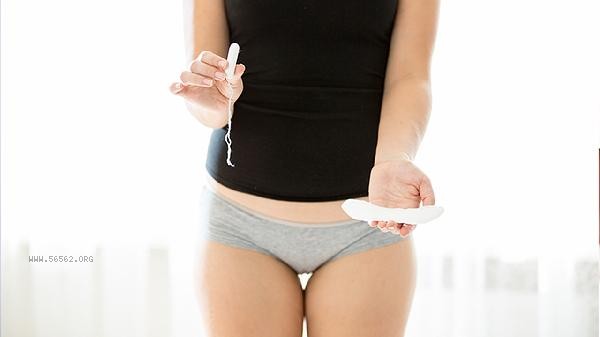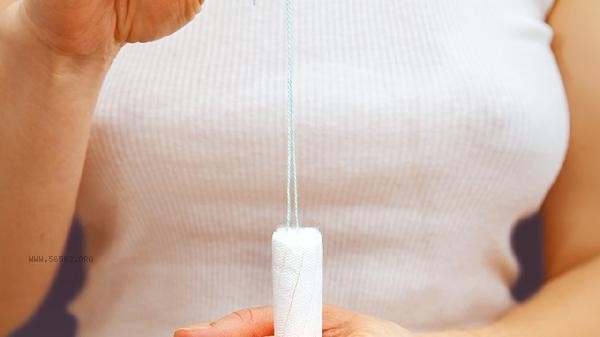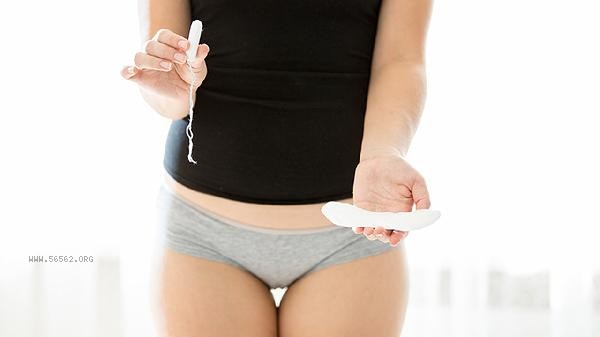Menstrual weight loss may affect hormone balance and nutrient absorption, but scientifically adjusting diet and exercise can reduce negative effects. During menstruation, weight loss should be avoided by excessive dieting, vigorous exercise, iron deficiency, weakened immunity, emotional fluctuations, and other issues.

1. Excessive dieting
Endometrial shedding during menstruation can lead to iron loss, and excessive dieting may exacerbate anemia symptoms. Women need to supplement their diet with iron rich foods such as animal liver, red meat, or dark vegetables every day during their menstrual period. At this point, the body's basal metabolic rate will slightly increase, but intentionally reducing calorie intake may lead to discomfort such as dizziness and fatigue.
2. Intense exercise
During the first three days of menstruation, there is significant uterine contractions, and high-intensity exercise can exacerbate pelvic congestion. It is recommended to choose low-intensity exercises such as yoga and slow walking, and avoid movements that increase abdominal pressure such as handstands and jumps. Elevated progesterone levels during the luteal phase can reduce exercise endurance, and sudden increase in exercise intensity can easily cause joint damage.
3. Iron deficiency
During each menstrual cycle, a large amount of iron containing blood is lost, and reducing red meat intake during weight loss may affect hemoglobin synthesis. Can be combined with vitamin C to promote plant-based iron absorption, while avoiding strong tea and coffee that may affect iron absorption. Long term iron deficiency can lead to a decrease in metabolic rate, which in turn affects weight loss effectiveness.

4. Decreased immunity
Increased secretion of prostaglandins in the endometrium during menstruation can inhibit the activity of immune cells, and strict control of diet at this time may reduce resistance. It is recommended to ensure high-quality protein intake and supplement with appropriate amounts of vitamin B and zinc elements. Sudden changes in dietary habits may also cause gastrointestinal discomfort such as menstrual diarrhea.
5. Emotional fluctuations
Fluctuations in estrogen levels can directly affect serotonin secretion, and excessive control of diet may exacerbate premenstrual anxiety. It can increase the intake of compound carbohydrates to stabilize blood sugar, and moderate consumption of dark chocolate can help alleviate emotions. Lack of sleep can exacerbate cortisol secretion, which is actually detrimental to fat breakdown.

During menstruation, weight loss requires special attention to nutritional balance. It is recommended to increase intake of high iron and high protein foods and adjust exercise intensity to two-thirds of normal levels. The golden period for weight loss is when estrogen levels rise one week after menstruation, and aerobic exercise duration can be appropriately increased. Menstrual weight fluctuations are a normal physiological phenomenon, and there is no need to overly focus on short-term numerical changes. Maintaining a regular schedule and a good mindset are more conducive to long-term weight management. If severe fatigue or menstrual disorders occur, the weight loss plan should be stopped in a timely manner and medical examination should be sought.









Comments (0)
Leave a Comment
No comments yet
Be the first to share your thoughts!